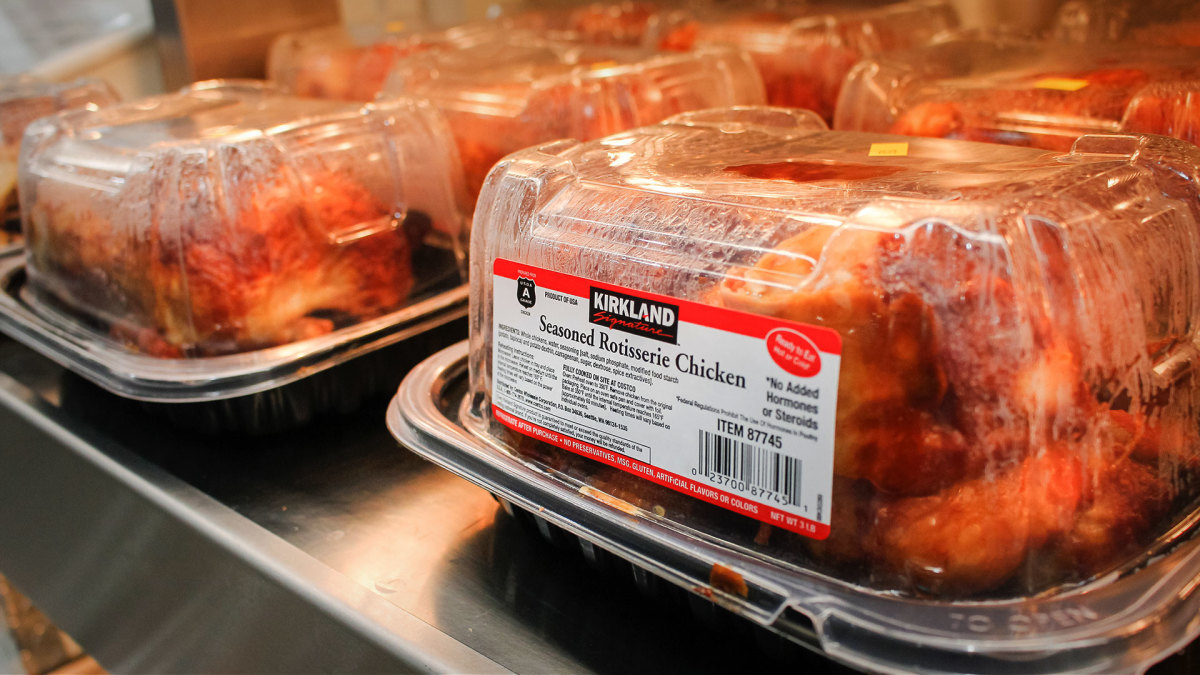
Climate change in Middle EastIraqi gazelles die of hunger in a parched land
In little over one month, the slender-horned gazelle population at the Sawa reserve in southern Iraq has plunged from 148 to 87. Lack of funding along with a shortage of rain has deprived them of food, as the country's drought dries up lakes and leads to declining crop yields.
President Barham Saleh has warned that tackling climate change "must become a national priority for Iraq as it is an existential threat to the future of our generations to come".
The elegant animals, also known as rhim gazelles, are recognisable by their gently curved horns and sand-coloured coats. The International Union for Conservation of Nature classes the animals as endangered on its Red List. Outside Iraq's reserves, they are mostly found in the deserts of Libya, Egypt and Algeria but are unlikely to number "more than a few hundred" there, according to the Red List.
Turki al-Jayashi, director of the Sawa reserve, said gazelle numbers there plunged by around 40 percent in just one month to the end of May. "They no longer have a supply of food because we have not received the necessary funds" which had come from the government, Jayashi said.
Lack of public financing to blame?
Iraq's finances are under pressure after decades of war in a poverty-stricken country needing agricultural and other infrastructure upgrades. It is grappling with corruption, a financial crisis and political deadlock which has left Iraq without a new government months after October elections.
"The climate has also strongly affected the gazelles," which lack forage in the desert-like region, Jayashi added.
At three other Iraqi reserves further north, the number of rhim gazelles has fallen by 25 percent in the past three years to 224 animals, according to an agriculture ministry official who asked to remain anonymous. He blamed the drop at the reserves in Al-Madain near Baghdad, and in Diyala and Kirkuk on a "lack of public financing".
At the Sawa reserve, established in 2007 near the southern city of Samawah, the animals pant under the scorching sun. The brown and barren earth is dry beyond recovery, and meagre shrubs that offer slight nourishment are dry and tough.
Some gazelles, including youngsters still without horns, nibble hay spread out on the flat ground. Others take shelter under a metal roof, drinking water from a trough.
Summer hasn't even begun, but temperatures have already hit 50°C in parts of the country. The effects of drought have been compounded by dramatic falls in the level of some rivers due to dams upstream and on tributaries in Turkey and Iran.
Desertification affects 39 percent of Iraqi land, the country's president has warned. "Water scarcity negatively affects all our regions. It will lead to reduced fertility of our agricultural lands because of salination," Saleh said.
He has sent 100 million dinars in an effort to help save the Sawa reserve's rhim gazelles, Jayashi said. But the money came too late for some.
Five more have just died, their carcasses lying together on the brown earth. (AFP)
PAKISTAN
Drought emergency
Editorial Published June 20, 2022 -
EVEN now, when crop yields have declined, cattle are dying, agricultural lands are parched and millions do not have enough water for their basic needs, there is little sign that the authorities are as alarmed as they should be over the current drought emergency. For a long time now, international bodies have been warning that water resources in Pakistan will dry up by 2025. That the country’s per capita water availability has dropped from 5,060 cubic metres per annum in 1951 to a mere 908 cubic metres today, according to UNDP estimates, is a depressing measure of things to come. Despite the facts, warnings and signs, comprehensively tackling the water crisis issue does not appear to be on either the government’s or any political party’s agenda. Decades of short-sighted development and consumption practices have turned the rivers in the country into cesspools of toxic waste. Nearly 92pc of the Indus delta, once known for its immensely rich flora and fauna, has been destroyed while the river itself now resembles a nullah overflowing with plastic waste. Meanwhile, the Ravi is listed among the three most polluted rivers of the world, while freshwater lakes such as Manchhar and Keenjhar are also badly polluted and have contracted in size. All this is a searing indictment of the state’s policies and its mismanagement of the country’s water resources that are necessary to sustain life, business and growth.
Pakistan’s failure on this front will ensure an even more catastrophic impact of climate change, to which the current drought in the country is intrinsically connected. The ongoing heatwave, which has severely aggravated the prevailing water shortage, illustrates this. Consider Federal Water Resources Minister Khursheed Shah’s claims in the National Assembly on Friday that up to 6,000 cusecs of water “evaporated” while travelling a distance of 350km from Sukkur to Kotri barrages. Moreover, new research indicates that severe heatwaves, of the kind estimated to have taken about 90 lives in India and Pakistan this year, will now be the new normal as they are 30 times more likely to occur than before. Meanwhile, the dreaded rise of 2°C in global temperatures might translate into an exponential increase of up to 20°C in South Asia. If this does not call for steps to stop our wasteful ways, revive dying water bodies while protecting and conserving the limited water resources we have on a war footing, then what will?
Published in Dawn, June 20th, 2022


















